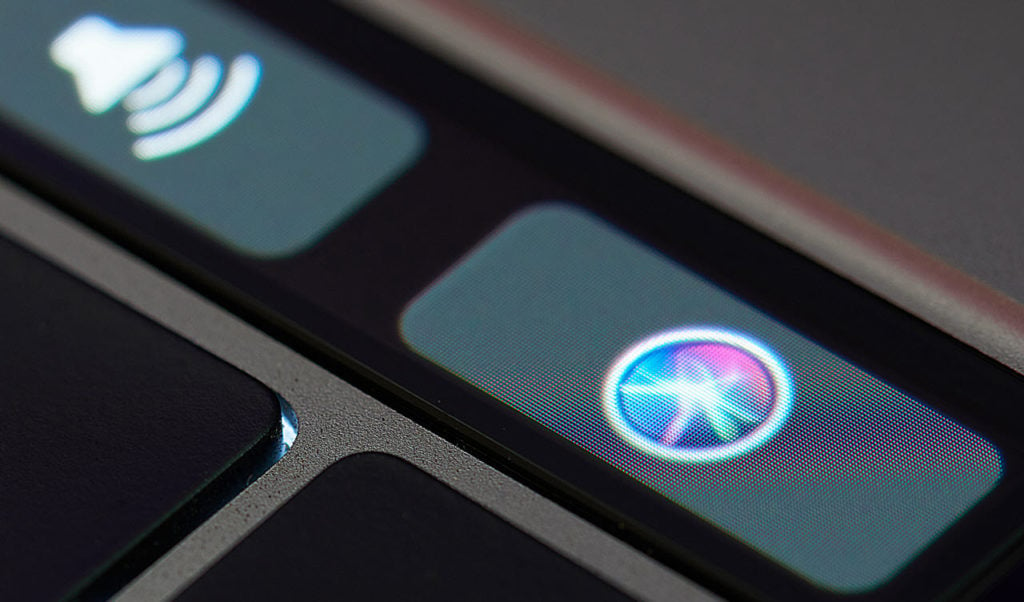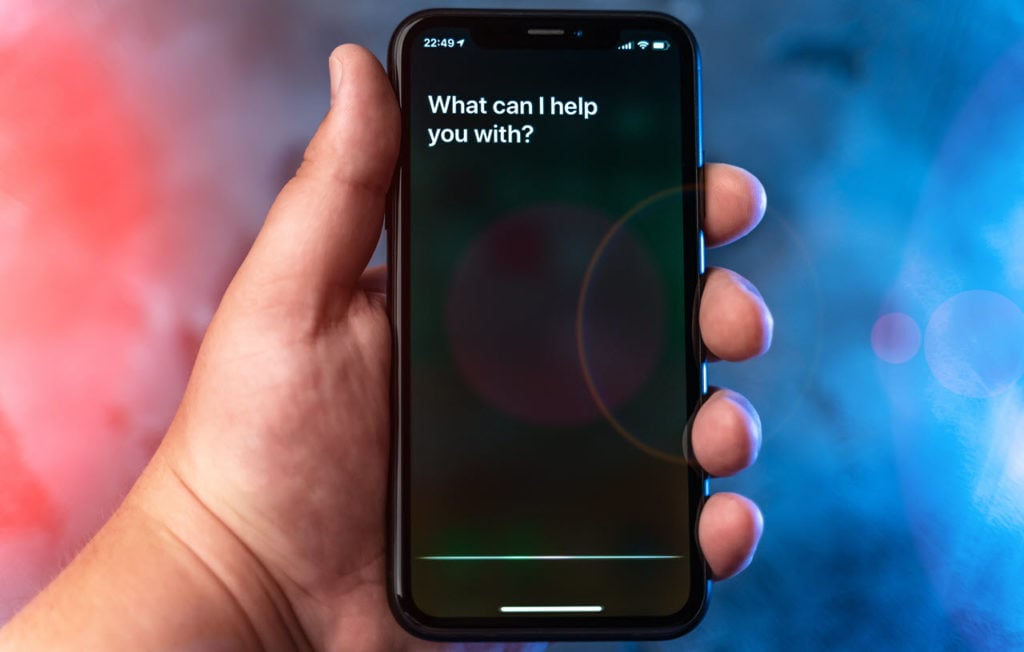Photo: John Gress Media Inc / Shutterstock.com
With Apple’s WWDC less than a month away, the iPhone maker is looking to catch up to rivals in the AI space. The company is collaborating with OpenAI to bring generative AI features to iOS 18, its next major software release. However, there’s more Apple needs to do, including altering its strategies if it hopes to catch up to Google, Microsoft, OpenAI, and other rivals in the AI space.
In the News: OpenAI adds Google Drive and OneDrive integration to GPT-4o
Siri has lost its touch
Apple was the first company to introduce an AI assistant, Siri, in its phones in October 2011. However, the competition has since overtaken Apple in this regard. Siri debuted five years before Google Assistant (2016) and three years before Amazon’s Alexa (2014).
However, today, Apple’s AI assistant is outmatched by both of them. It should be pointed out that Siri and Alexa compete much more closely than Google Assistant. Regardless, it’s not like Apple to launch a product years before the competition and then lose ground. And Siri doesn’t even stand a chance when it comes to generative AI models like Gemini or GPT 3.5/4.
So far, Siri has been limited by Apple’s approach of processing data locally and not collecting user data. While that’s great for privacy and user security, it doesn’t do much to help make the AI experience better. Another reason why Apple is lagging in the AI space is the speed at which the company rolls out features. While Google and OpenAI keep dropping new features every few months, Apple is notorious for taking its time with new software features.

This aligns with the company’s mentality of delivering the most stable software, meaning new features don’t show up until Apple is certain they won’t break anything. Once again, while this approach provides a much better user experience, it also drags the company down.
Introducing AI features in a device without thoroughly testing them also comes with an inherent risk of your AI going off the rails and attracting public scrutiny by providing inaccurate or otherwise harmful information. We’ve seen examples of this with Google’s Bard (now Gemini) and Microsoft’s Bing Chat having an existential crisis.
Apple wouldn’t want to hurt its reputation by releasing an AI chatbot that could go haywire instead of addressing users’ queries. That said, if it wants to catch up, Apple needs to get bolder, deliver features faster, try more things, and outwork its AI rivals.
Apple’s next move
The AI feature announcement at the upcoming WWDC seems to be a fresh start for Apple. If nothing else, the OpenAI collaboration goes on to show that the iPhone maker is taking incorporating AI in its ecosystem seriously. Whether this move is forced by the competition or just Apple entering the game once the technology starts stabilising is another thing.
The recent Apple “Let Loose” event also unveiled that the company plans to use its custom M2 chips in server farms to power AI features in the upcoming iOS release. However, this doesn’t mean the company is all out on the server processing approach. Apple will still rely on the on-device data processing approach, but the addition of server-processing-assisted features shows that it is willing to make changes to get back on track.

Siri is also going to see an overhaul. As reported by Mark Gurman in his Power On newsletter, Apple’s AI assistant is getting better voice capabilities and more features, including auto-summarising notifications, transcribing voice memos, summarising news articles, and more. As you can probably guess, these features aren’t new, but they are finally making their way into the Apple ecosystem.
Many of the changes Apple needs to make to compete with its AI rivals require a mentality shift. The company needs to start integrating AI features quickly. Apple also has no in-house chatbot yet, and that’s exactly why it’s partnering with OpenAI to bring those features to the iPhone. Talks with Google were also in progress regarding licensing Gemini, but the two companies haven’t reached an agreement yet. That deal looks unlikely, with less than a month to go for the WWDC.
That said, the partnership with OpenAI can only go so far. Eventually, Apple would need to step away from a partnership approach and develop an in-house system. This approach has worked previously with Microsoft, which invested heavily in OpenAI and integrated its GPT4 model in Bing Chat, eventually moving on to its in-house generative AI model — MAI1. With Apple’s money and talent, the OpenAI partnership could be the fuel it needs to light its AI fire.
In the News: WhatsApp’s new beta update brings locked chats to linked devices






